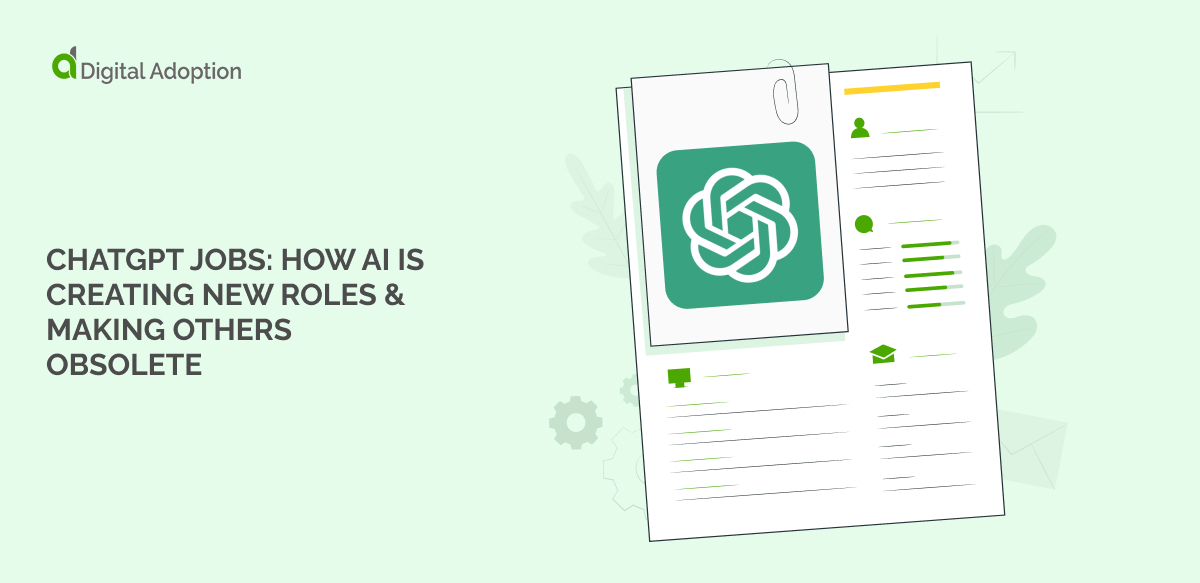In this quick guide to the Salesforce manager position, we’ll look at Salesforce manager interview questions, answers, plus a basic job description.
This position can be ideal for anyone who specializes in Salesforce, but, like any other job, it is demanding and competitive.
Preparation is essential for anyone who wants to succeed in a job interview, which is what this guide is for.
We will learn:
- What the job requirements are
- What employers expect from candidates
- Common job interview questions, with answers
- How to prepare for a Salesforce manager interview
To start off, let’s look at the job description.
Salesforce Manager: Job Description and Responsibilities
Salesforce is the world’s leading CRM platform, used by countless businesses around the world. Businesses that adopt this platform – especially those that adopt Salesforce Lightning, the company’s latest iteration of the product – will see major improvements in their sales numbers.
Given the complexity of the tool, it is not surprising that there are several specialized jobs dedicated to Salesforce implementation and management.
These include:
- Salesforce Manager
- Salesforce Community Manager
- Salesforce Project Manager
- Salesforce Engagement Manager
- Salesforce Administrator
In some cases, the jobs are different in name only, though in others, the scope will vary considerably.
Below, we will focus on Salesforce administrators, who manage and administer Salesforce adoption.
Common responsibilities for Salesforce administrators include:
- Managing Salesforce adoption
- Working with business units and experts to implement and manage new business processes
- Administering the day-to-day maintenance, configuration, and support of Salesforce
- Developing and defining documentation
- Interfacing between users, Salesforce developers, and business partners
- Training new users and improving performance across the organization
Salesforce administrators should have experience in Salesforce administration, as well as certifications related to Salesforce administration, Salesforce Cloud, Service Cloud, as well as developer certifications.
Salesforce Manager Interview Questions
Interview questions will assess the candidates capabilities, enthusiasm, cultural fit, and interpersonal skills – all of which will be needed to succeed.
Here are a few sample questions and answers that assess skill levels:
- What are dynamic dashboards and how do they work? Dynamic dashboards personalize data and information for specific users.
- What is an Apex transaction and why does it matter? Apex transactions are multiple transactions performed simultaneously.
- What types of reports does Salesforce offer? There are tabular, summary, matrix, and joined reports, each of which offers a different level of complexity – tabular reports, for instance, are basic tabular reports, while joined reports join data from several reports.
- What is an attribute tag? Attributes belong to custom components and are children of component tags.
- What is a Visualforce component? These are predefined or custom components that define the behavior of a UI element.
- What data types can a standard field record have? Standard field records can have data types of either auto number or text field.
- Please provide three metrics that can track Salesforce user adoption. Percentage of staff logging in each month, the number of contact and account records created in the past month, and the number of open opportunities set to close in the next three months.
Interviews may also require that candidates provide examples or in-depth detail when they answer.
Naturally, to pass a skill-based interview that includes these types of questions, it will be necessary to have extensive experience with Salesforce, as well as certifications.
Passing the skills test is certainly a necessity – but there are other interview questions that should be prepared for.
Here are a few examples:
- What background and experience will help you succeed in our organization? Emphasize skills and experience, but also focus on personality traits, such as personal drive and the need to succeed. Perpetual learning is crucial in today’s workplace, so it is important to emphasize one’s ability to continually learn and excel.
- Why do you want to work at our organization? Employers want to know whether candidates will fit in with the culture and the corporate mission. That fit will naturally determine how well the employee succeeds in their job. Interviewees should provide an honest answer to the question that addresses topics such as the corporate culture, the company’s mission, its reputation, and how those align with personal goals.
- What are your career goals? In some cases, a candidate’s career plans will align perfectly with an organization’s capabilities. In other cases, it will not, which is why interviewers ask this question. If the prospective employee has high ambitions, but the organization can’t assist with career development, then the candidate may not be a good long-term investment.
- Please provide examples of successful Salesforce implementation. As with the other questions here, this is aimed at ascertaining the candidate’s ability to succeed. In this case, it is useful to describe one’s decision-making process, rather than just the outcomes of the project. By providing information about challenges, decisions, and one’s approach to problem-solving, the interviewer will know how the candidate would handle similar problems in the future.
Like any other interview, it is important to focus on results, accomplishments, and the organization’s goals, not one’s own goals and ambitions.
After all, the organization is most concerned about its own goals and success, not the candidate’s.













